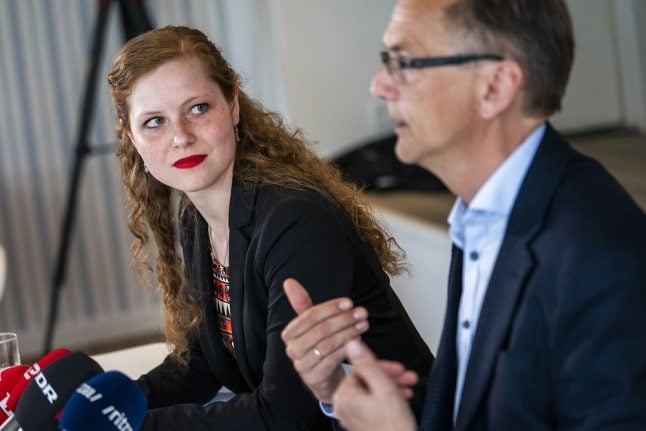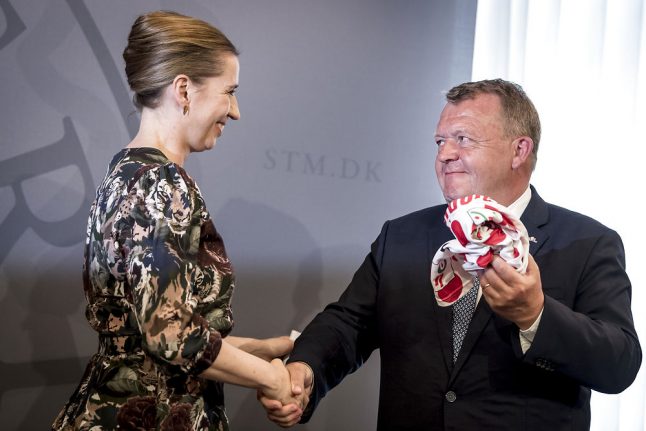The poll, conducted by Voxmeter for Ritzau and reported by Kristeligt Dagblad, represents the first time in 14 years the party, considered a rank outsider when the election was announced, has enough support to qualify for parliamentary representation.
Two percent of the overall vote is required for a party to enter parliament.
An unexpected increase in support has been linked to the impact of Isabella Arendt, the party’s 26-year-old stand-in leader, following her breakout performance in a televised election debate after regular leader Stig Grenov withdrew through illness. Grenov has since taken a leave of absence until after the election due to health concerns.
The party says it promotes traditional family values and is the closest thing Denmark has to an anti-abortion party, although it stresses that it doesn't want to ban abortions but rather work to bring numbers “down to zero”, in part by making pregnant women go through obligatory consultations about the physical and mental consequences of ending their pregnancies.
Given their success in early election polls, Arendt and the party's policy on this and other areas — it wants to deny public health service fertility treatment to same-sex couples, for example — could be set for closer attention prior to the June 5th vote.
READ MORE
The Local's general election guide to:
- The Danish parties on the right
- The Danish parties on the left
- The Danish parties on the fringes (including the Christian Democrats)
Monday’s opinion poll puts the Christian Democrats at 2.2 points, a 1.4-point increase on their vote share at the last election in 2015.
Should the poll be consistent with the election result, the Christian Democrats would find themselves back in parliament for the first time since 2005.
The latest poll is based on interviews conducted by Voxmeter for Ritzau between 17th-19th May:
- Social Democrats: 27.5 percent/50 mandates (2015 result: 26.3 percent)
- Social Liberals: 7.6 percent/14 mandates (4.6 percent)
- Conservatives: 4.2 percent/8 mandates (3.4 percent)
- New Right: 1.8 percent/0 mandates (did not run)
- Socialist People’s Party: 7.3 percent/13 mandates (4.2 percent)
- Liberal Alliance: 3.5 percent/6 mandates (7.5 percent)
- Christian Democrats: 2.2 percent/4 mandates (0.8 percent)
- Danish People’s Party: 11.3 percent/20 mandates (21.1 percent)
- Liberals: 18.5 percent/33 mandates (19.5 percent)
- Red Green Alliance: 8.8 percent/16 mandates (7.8 percent)
- Alternative: 4.6 percent/6 mandates (4.8 percent)
- Klaus Riskær Pedersen: 0.5 percent/0 mandates (did not run)
- Stram Kurs: 2.6 percent/5 mandates (did not run)
- Others: 0.6 percent/0 mandates
An election result in line with the poll would see the bloc of allied left-of-centre parties win 93 mandates, with the right-of-centre group, including Prime Minister Lars Løkke Rasmussen’s Liberal party, gaining a minority of 71 mandates.
The updated poll has a statistical uncertainty of +/- 2.8 percent.



 Please whitelist us to continue reading.
Please whitelist us to continue reading.
Member comments